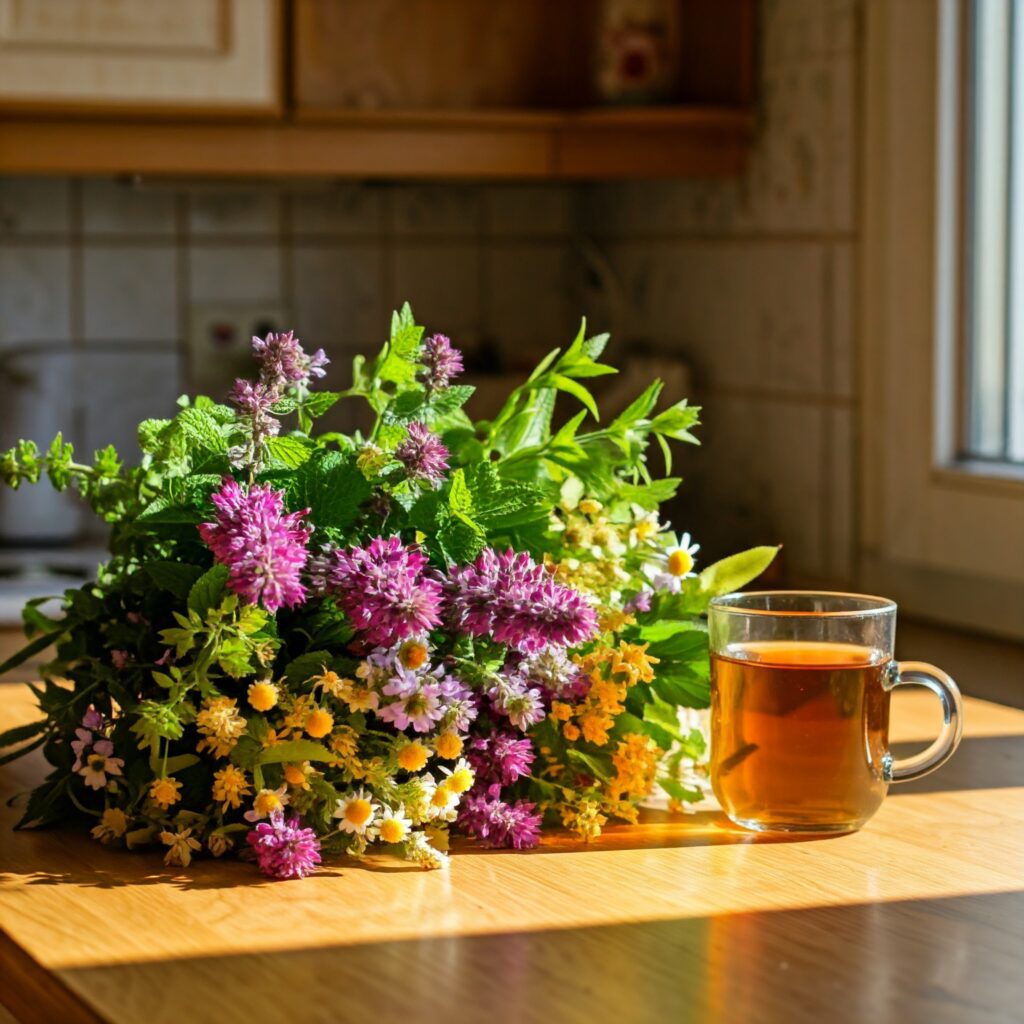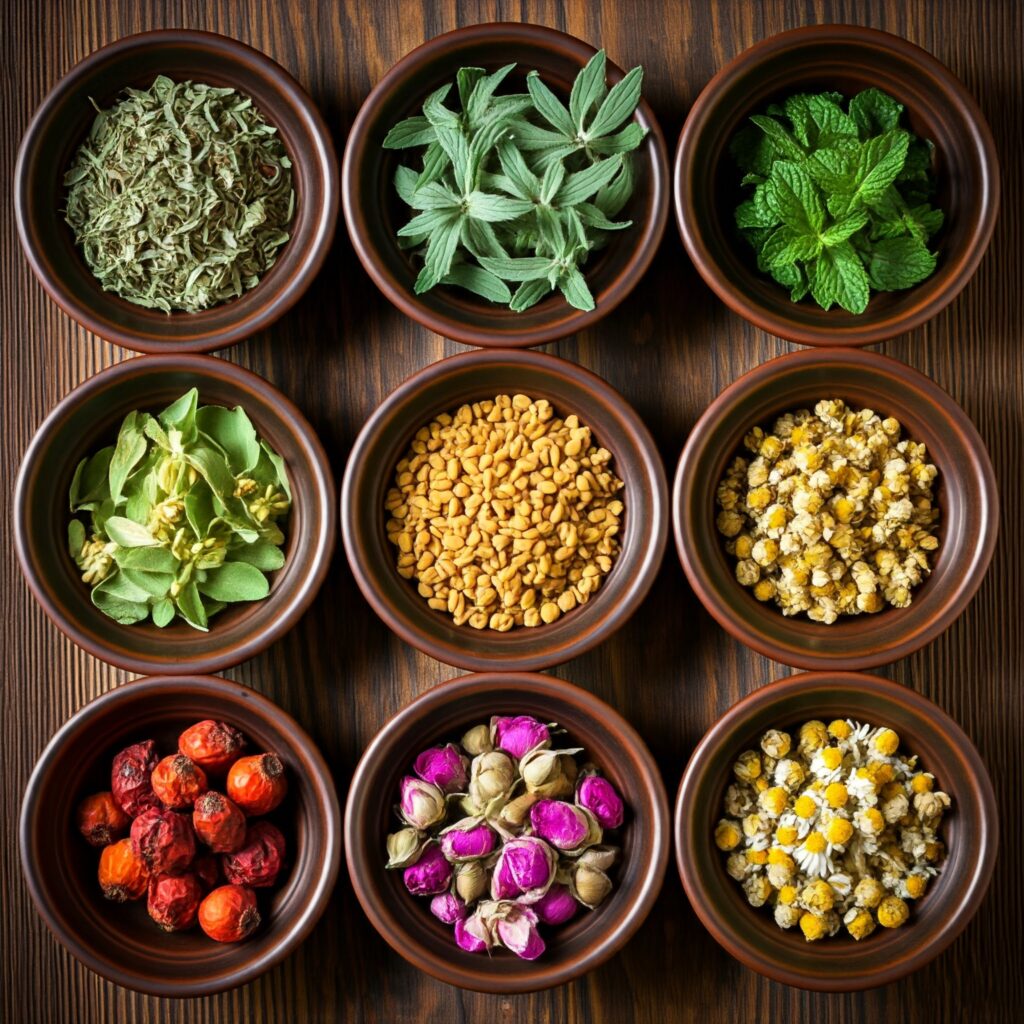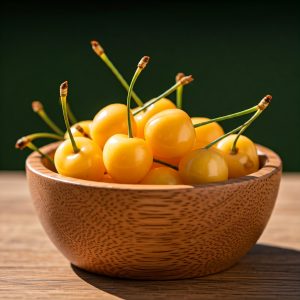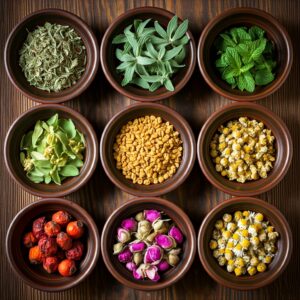Today, I want to share one of my most cherished travel and food tips. Years ago, a friend invited me to lunch, and it’s a meal I still remember vividly. The aroma and flavors were so captivating that I couldn’t resist asking her about the spices she used.
She shared a wonderful tip: wherever she travels, she always buys spices and herbs from the local markets. Inspired by her, I’ve turned this tip into a personal tradition. Now, the first thing I do when I visit a new place is head straight to the local market to explore the herbs and spices.
This habit has not only enriched my cooking but also deepened my connection to the places I visit. Each species tells a story of its origin, and every herb brings a piece of the local culture into my kitchen. So, next time you travel, don’t forget to visit the local market and bring home a taste of your journey!
Speaking of local flavors, Bulgaria is a country with a rich culinary heritage and boasts a variety of unique spices and herbs that are integral to its traditional dishes. These flavors not only enhance the taste of the food but also tell a story of the region’s history and culture.
If you decide to spice things up try this tip 😉 Here are some of my favorite Bulgarian spices and herbs that you should definitely check out.
Chubritsa (Summer Savory)
Chubritsa, or summer savory, is perhaps the most iconic Bulgarian herb. Known for its peppery and slightly minty flavor, it is a staple in Bulgarian kitchens. This versatile herb is used in a variety of dishes, from hearty soups and stews to grilled meat and fresh salads. Its robust flavor makes it a perfect seasoning for beans and lentils, adding a delightful depth to these simple ingredients.
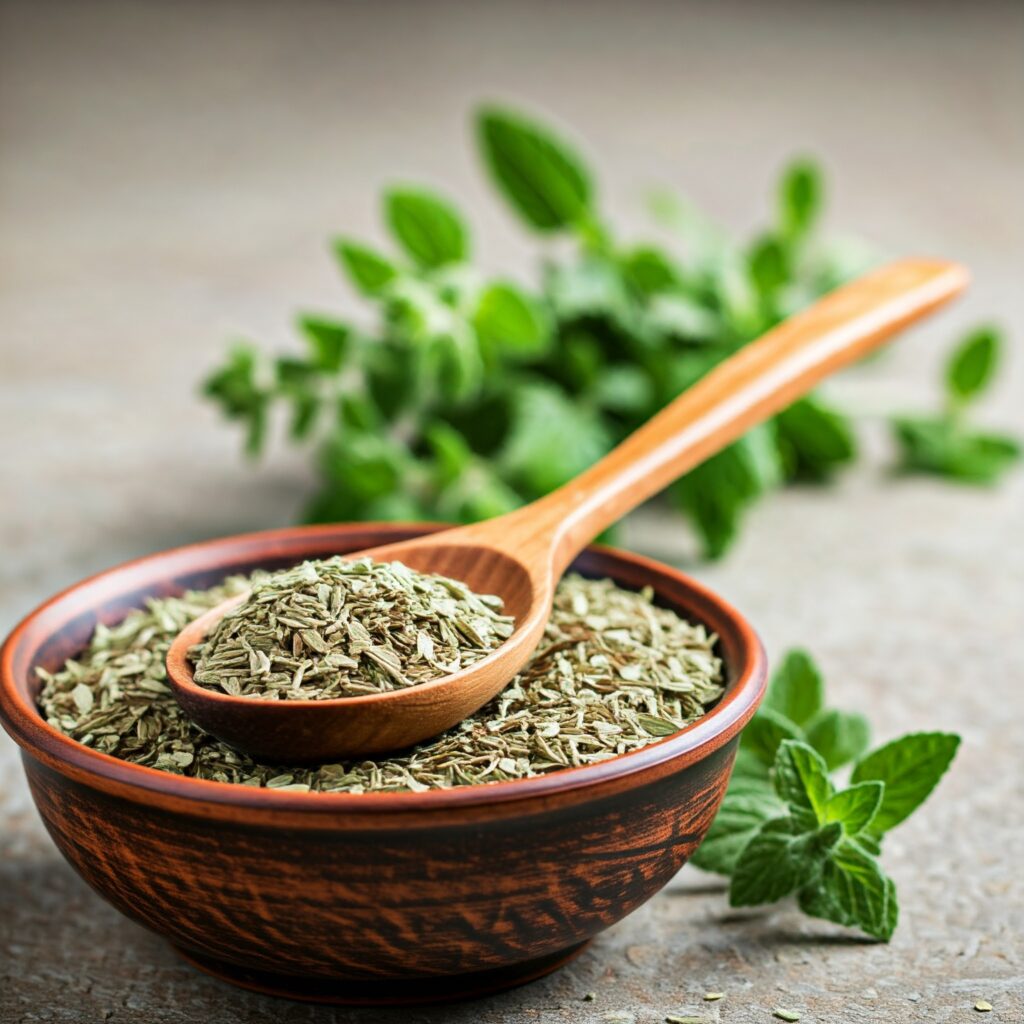
Sharena Sol (Colorful Salt)
Sharena Sol is a traditional Bulgarian spice blend that translates to “colorful salt.” This vibrant mix typically includes salt, paprika, thyme, fenugreek, and summer savory. It is used to season a wide range of dishes, from meat and vegetables to bread and cheese. The blend not only adds a burst of flavor but also a beautiful color to the food, making it as visually appealing as it is tasty.
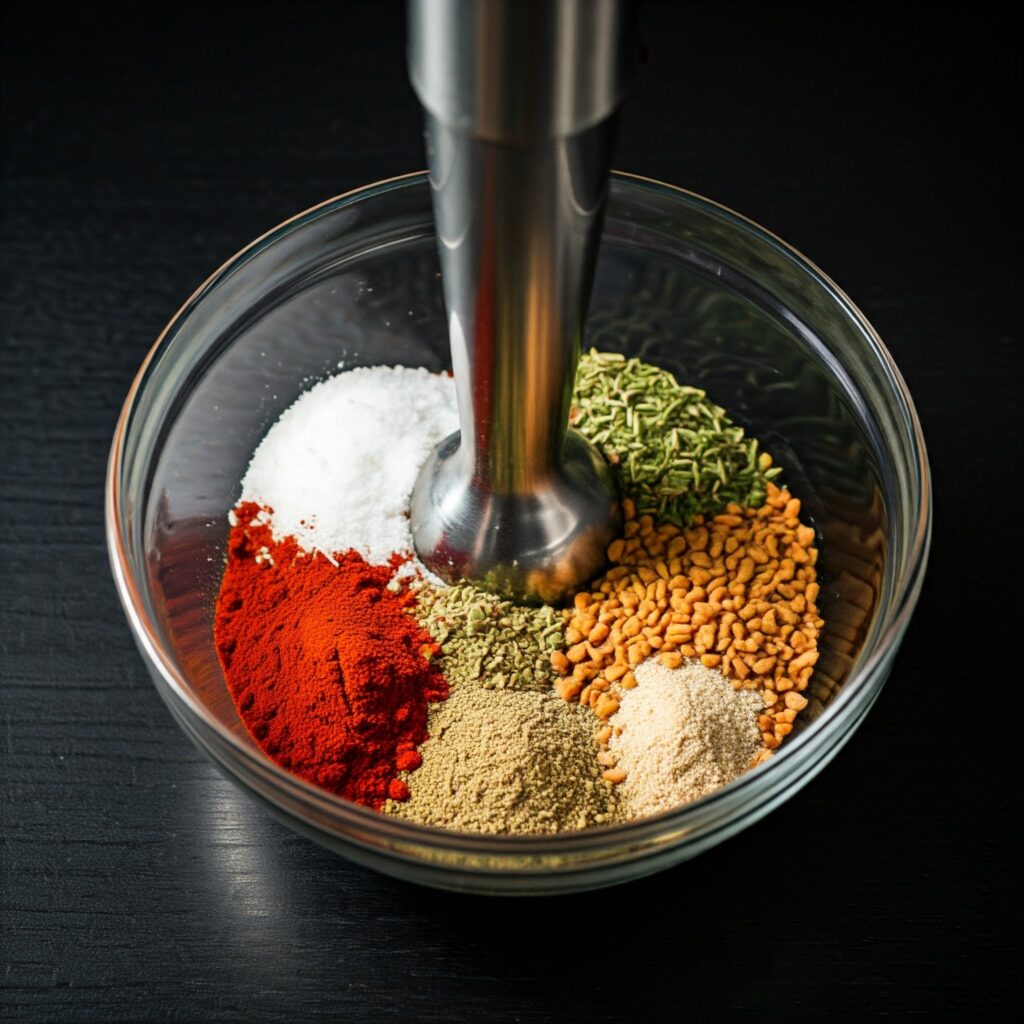
Djodjen (Spearmint)
Spearmint, known locally as Djodjen, is another essential herb in Bulgarian cuisine. Its fresh, slightly sweet flavor is commonly used in soups, stews, and meat dishes. Spearmint pairs particularly well with lamb, adding a refreshing contrast to the rich meat. It is also used in traditional Bulgarian yogurt dishes, providing a cool and aromatic touch.
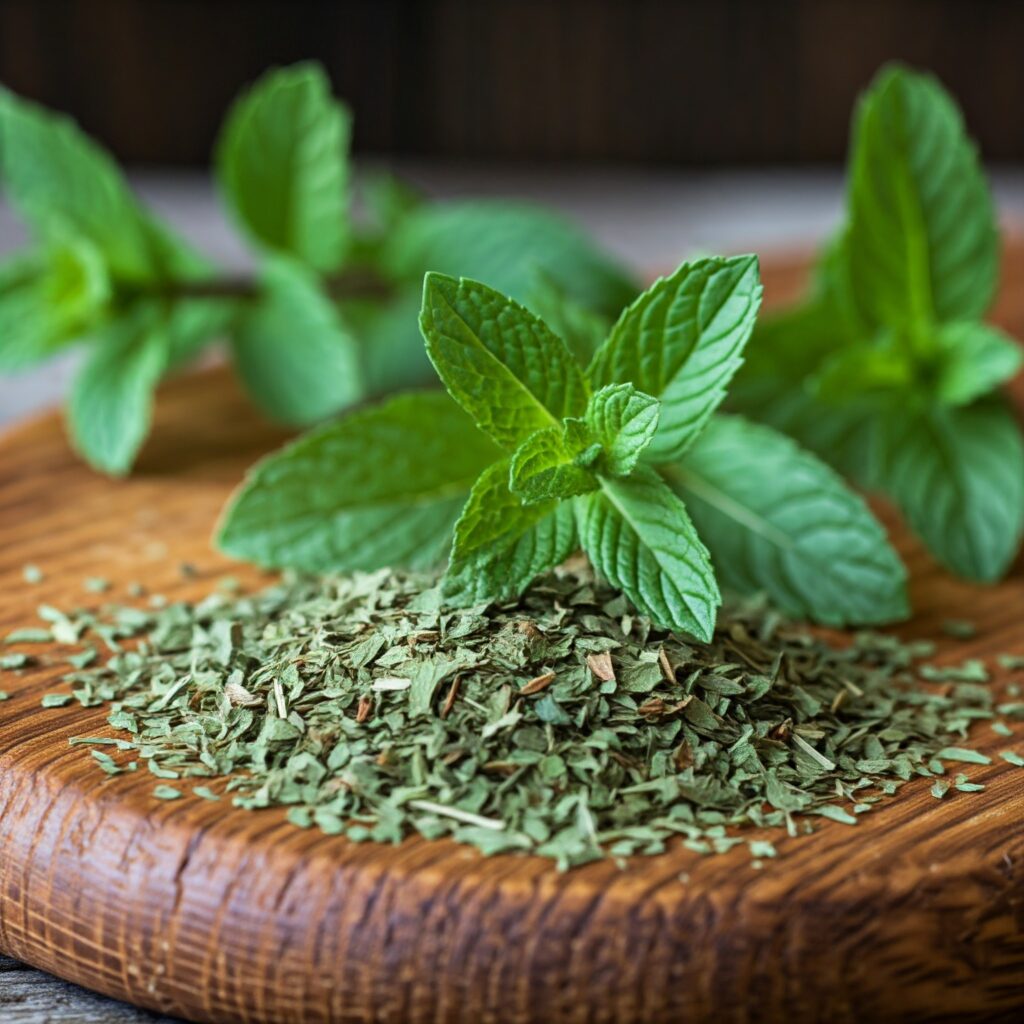
Devisil (Lovage)
Lovage, or Devisil, has a strong, celery-like flavor and is often used in soups and stews. This herb is particularly popular in traditional Bulgarian bean soup, where its robust flavor complements the earthy beans. Lovage is also used to season meats and vegetables, adding a unique taste that
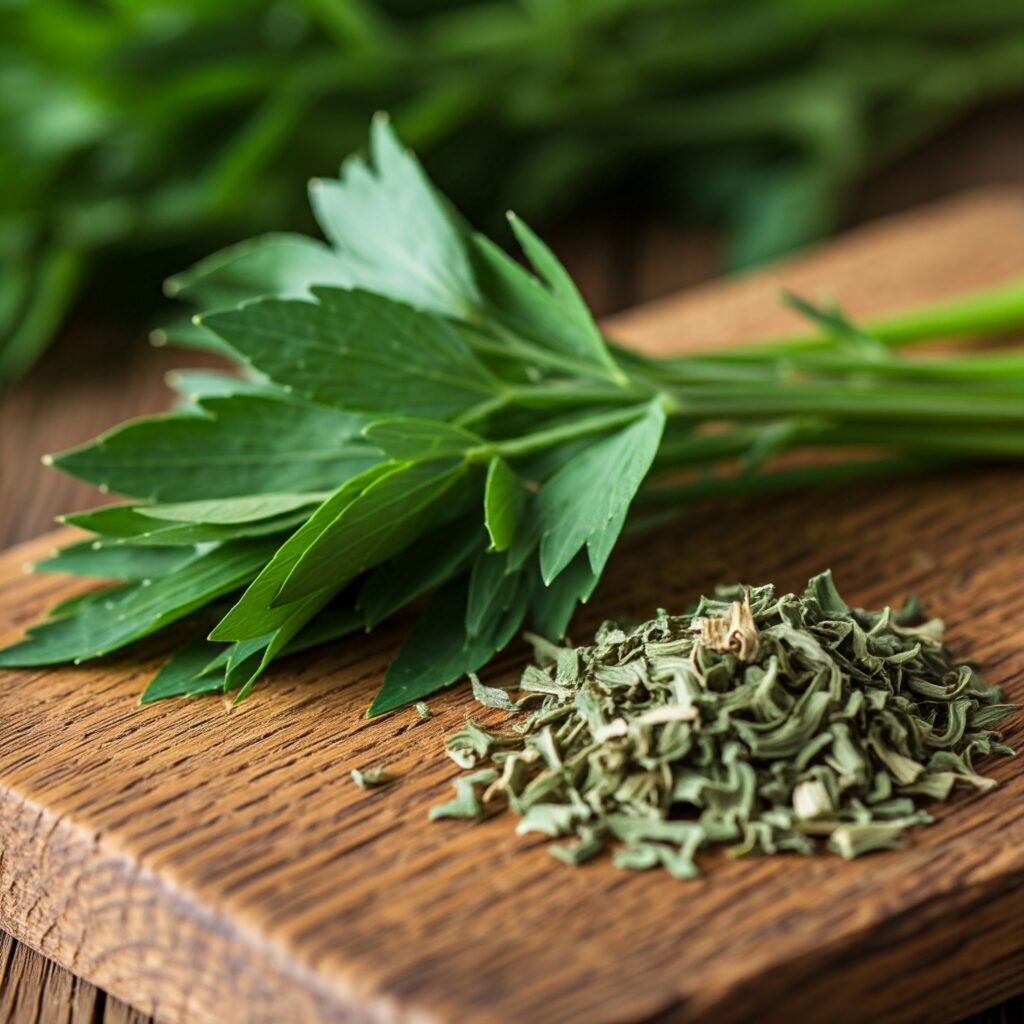
Fenugreek
Fenugreek is known for its slightly bitter, nutty flavor and is a key ingredient in the Sharena Sol spice blend. It is used to season a variety of dishes, from meats to vegetables, and is particularly popular in Bulgarian bread recipes. Fenugreek seeds are also used in pickling, adding a distinctive taste to preserved vegetables.
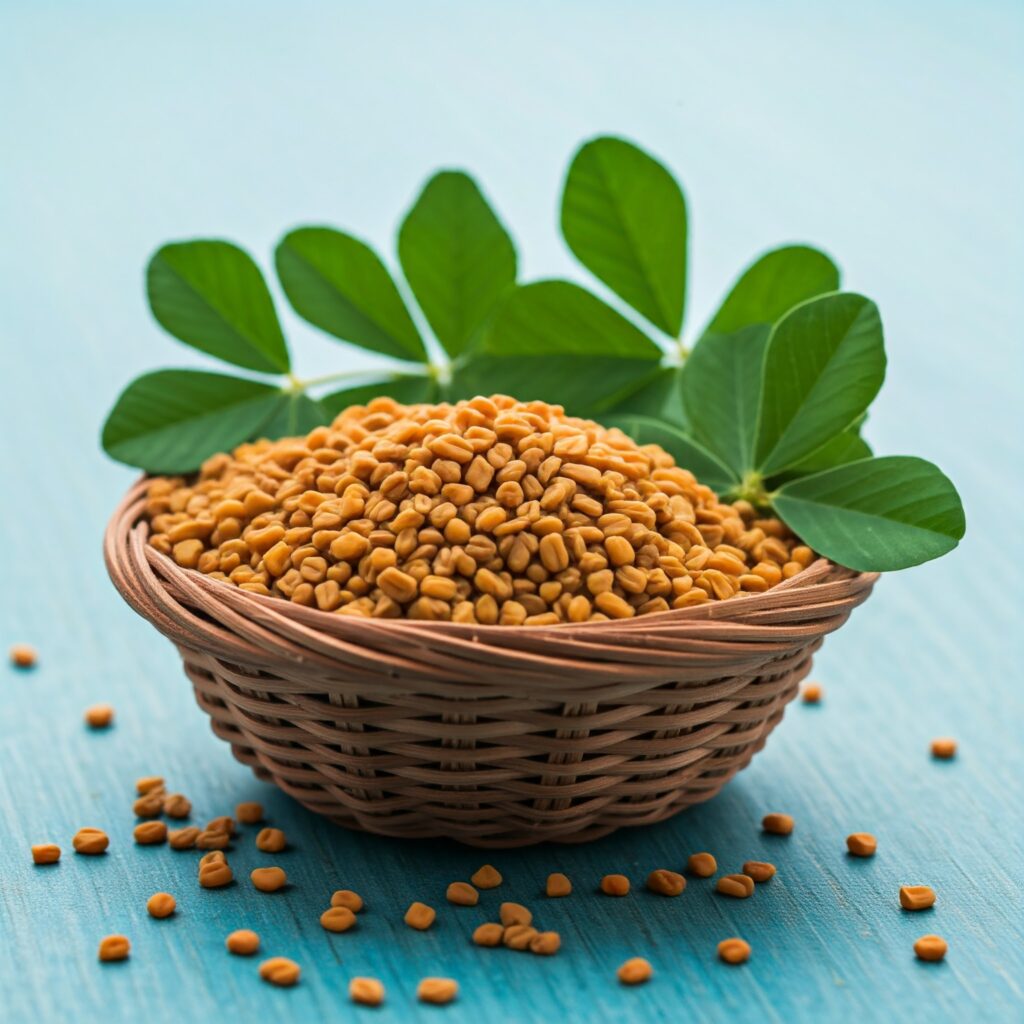
The spices and herbs of Bulgaria are a testament to the country’s rich culinary traditions. Each one brings its unique flavor and history to the table, making Bulgarian cuisine a delightful adventure for the taste buds. Whether you’re cooking a traditional dish or experimenting with new recipes, these spices and herbs will surely add a touch of Bulgarian magic to your meals.
Every time I come back home, I make sure to stock up on these treasures, both for myself and as gifts for friends. These spices make the perfect gifts that I love giving over and over. Each one comes with its story and suggested recipes from me, which are available here. This way, my friends can enjoy the flavors of Bulgaria in their kitchens.
Have you tried any of these Bulgarian spices and herbs in your cooking? Share your experiences and favorite recipes in the comment section below!
Kitchen Queen Tip: It’s a Teatime
If you’re a tea enthusiast, don’t miss out on Bulgaria’s rich tradition of herbal teas, each offering unique flavors and health benefits. Here are my top 5 favorite teas you should definitely try:
Linden Blossom Tea: A beloved variety in Bulgarian culture, this tea is made from the flowers of the Linden tree and is cherished for its soothing and anti-inflammatory effects.
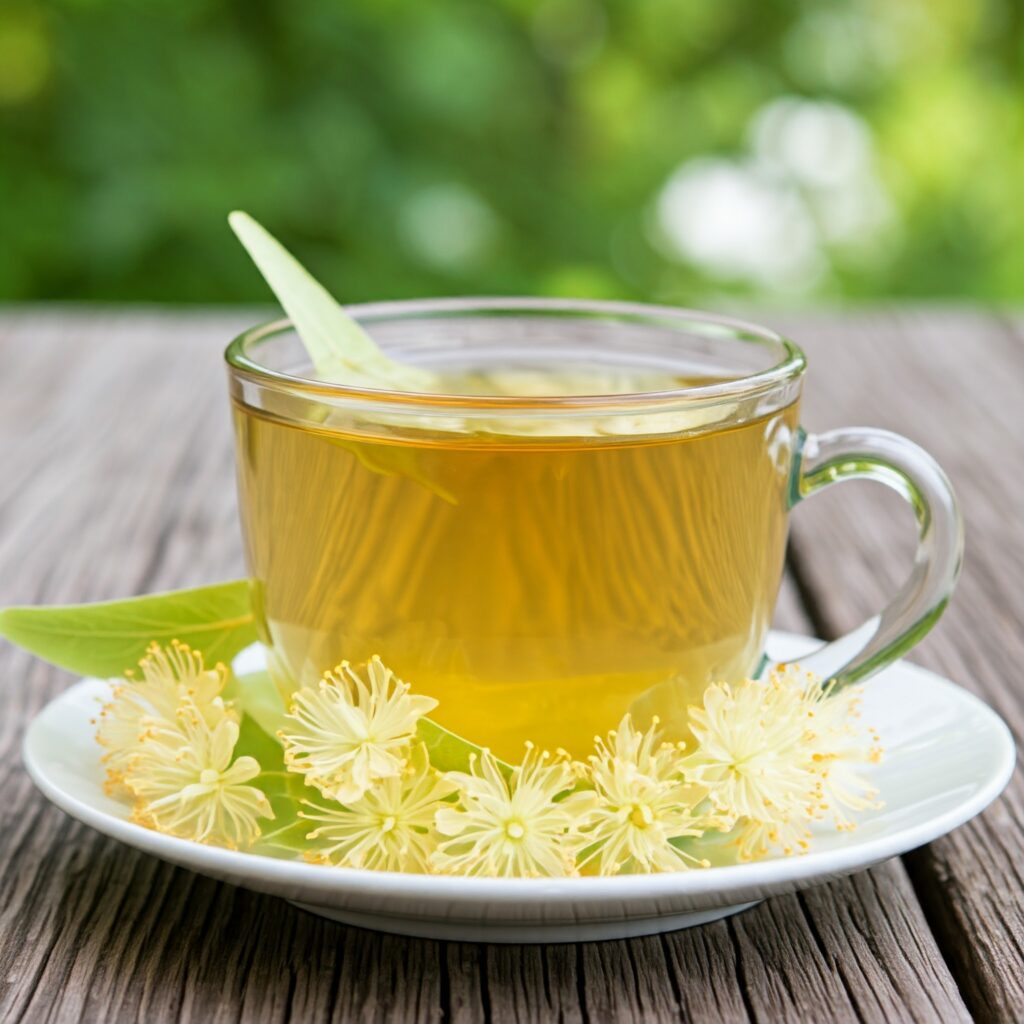
Rosehip Tea: Made from the fruit of the wild rose plant, this tea is rich in vitamin C and antioxidants, making it a great choice for boosting the immune system.

Mountain Tea (Sideritis scardica): also known as Mursalski tea or Mountain tea, is a caffeine-free herbal tea from the Rhodope Mountains in Bulgaria, celebrated for its rich antioxidant and anti-inflammatory properties.
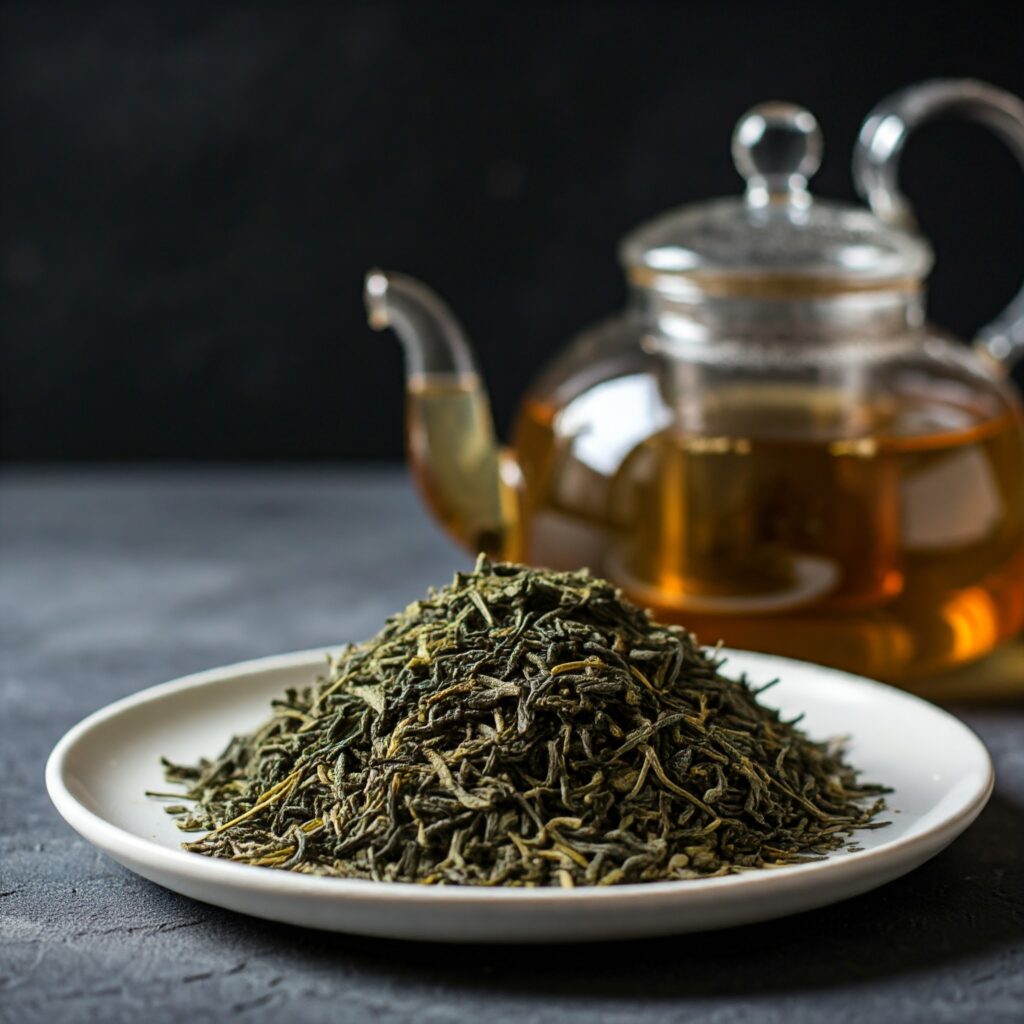
Bulgarian Rose Tea: Made from the petals of the famous Rosa Damascena, this tea has a delicate, floral aroma and is known for its calming properties.
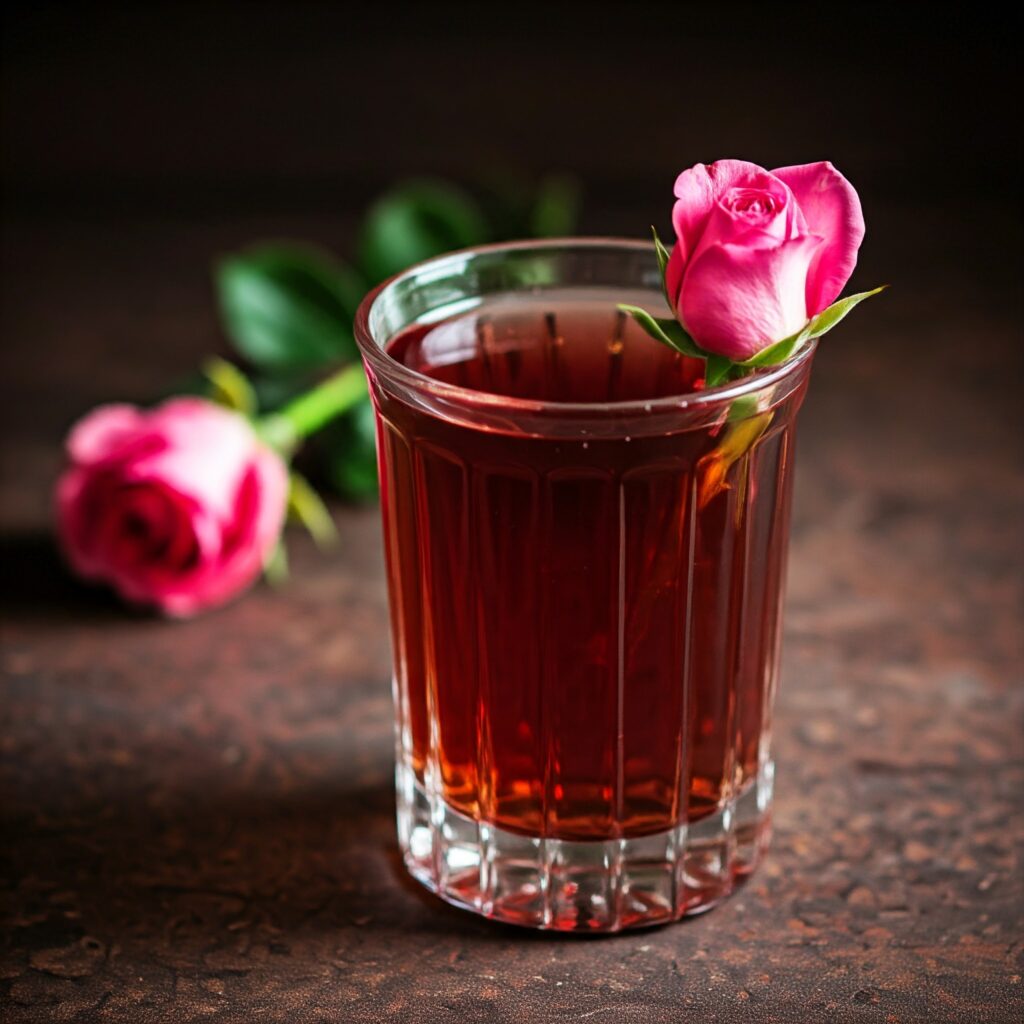
Chamomile Tea: Widely enjoyed for its calming effects, Bulgarian chamomile tea is made from the dried flowers of the chamomile plant and is perfect for relaxing before bedtime.
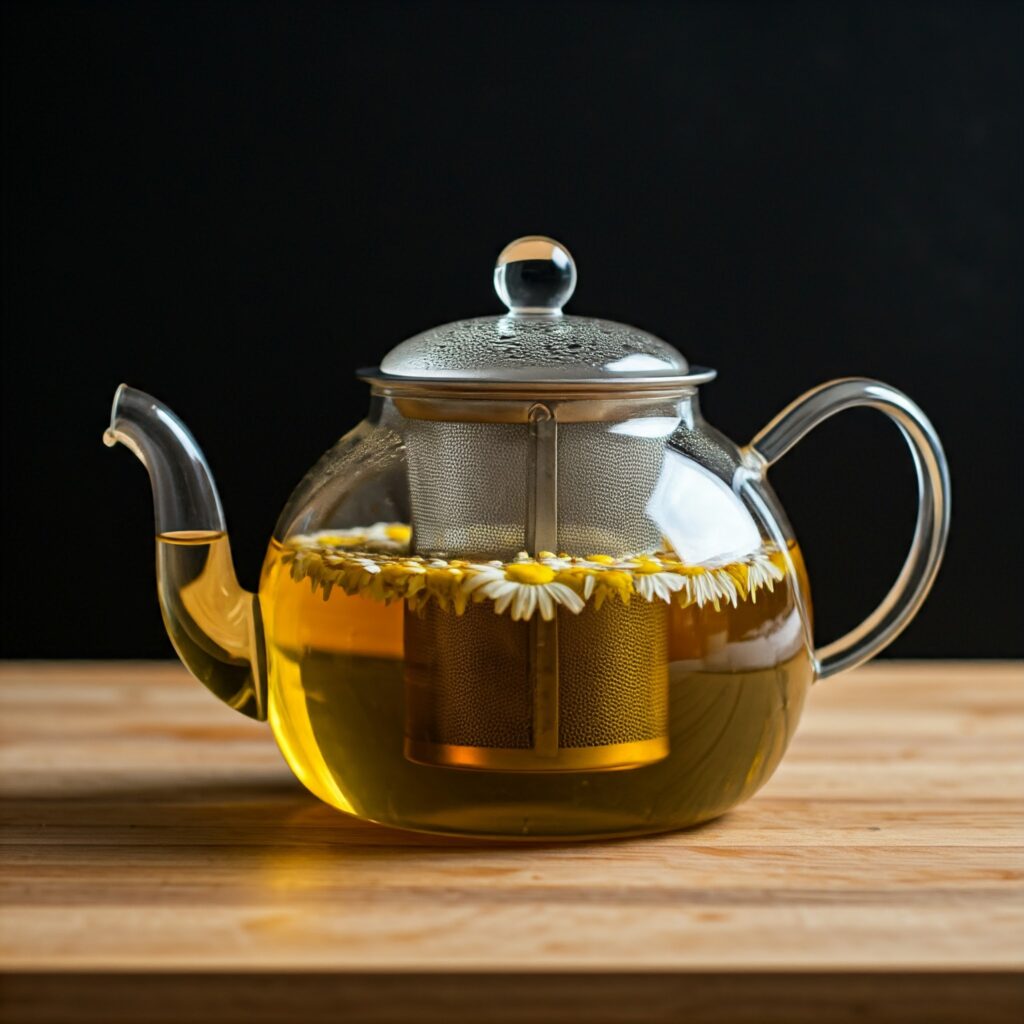
Exploring Bulgaria’s rich array of spices, herbs, and teas is like taking a flavorful journey through its history and culture. From the robust taste of Chubritsa (Summer Savory) and the vibrant blend of Sharena Sol (Colorful Salt) to the refreshing notes of Djodjen (Spearmint) and the aromatic Lovage (Devisil), each spice and herb tells a unique story. Add to that the health-boosting Fenugreek and the soothing teas like Linden Blossom, Rosehip, Mountain Tea (Sideritis scardica), Bulgarian Rose, and Chamomile, and you have a culinary treasure trove waiting to be discovered. Whether you’re a seasoned traveler or a curious foodie, these Bulgarian delights are sure to enrich your kitchen and your palate. So, next time you find yourself in Bulgaria, don’t forget to bring home a taste of this beautiful country!
